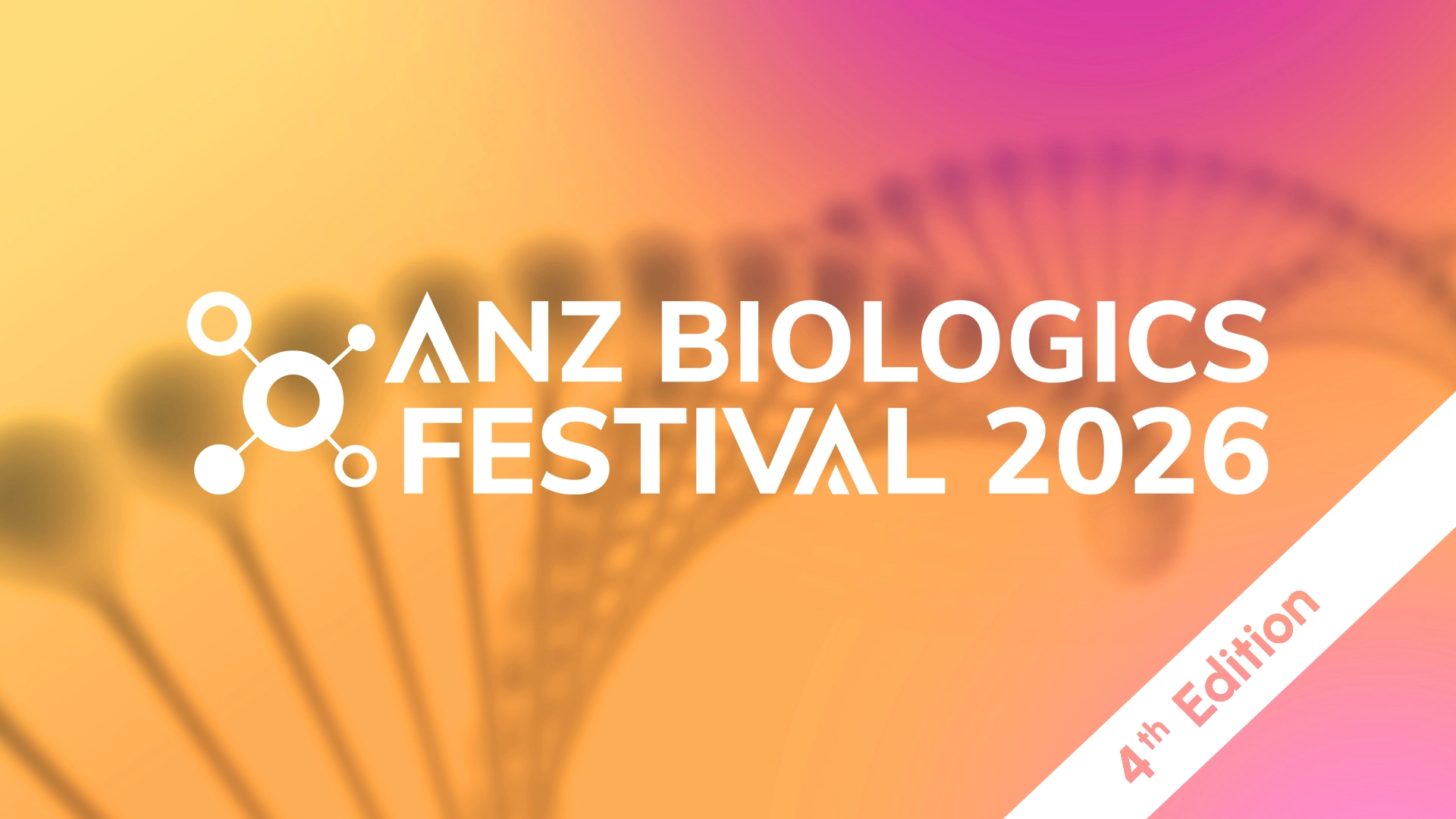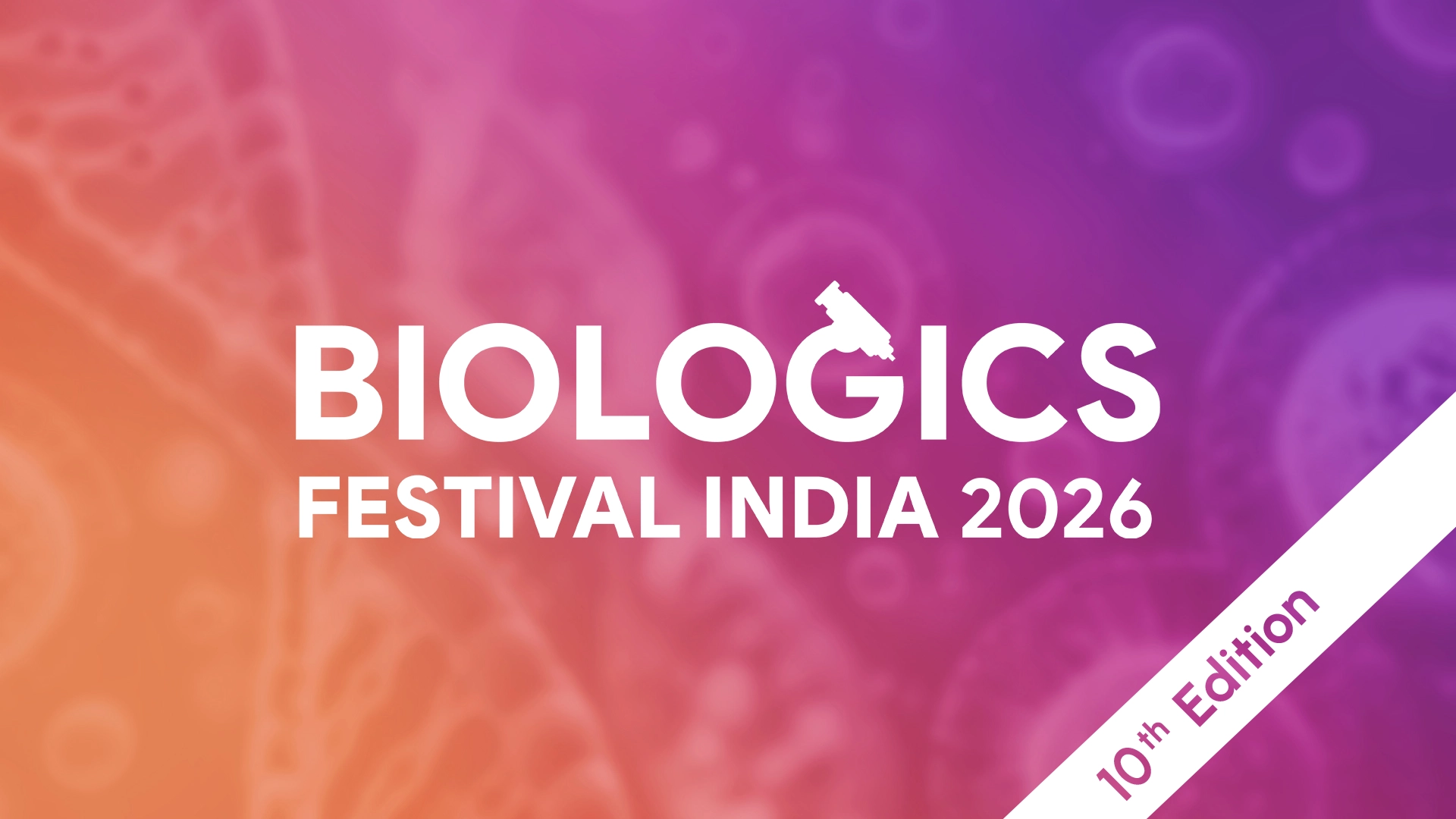Biopharma Events
Network with industry leaders and colleagues in the Biopharma industry and stay ahead of the curve with industry-leading insights at IMAPAC events across Asia, the UK, and Europe.

Biopharma Awards
The go-to awards platform for benchmarking across the global biopharmaceutical industry. With 15 years of experience in hosting conferences and events, we have vast outreach and recognition opportunities within this industry.

Biopharma Data
Extensive biopharmaceutical market information now available at your fingertips. Brought to you by our team of analysts and fully customizable to your requirements. Our comprehensive market research provides insights and trends for pharmaceutical companies in Singapore.

LeadGen 360
We serve all companies within the life sciences ecosystem. Whether your company operates in the biotechnology, medical technology, pharmaceutical or clinical sector, we have a solid understanding of your product(s) and target market.

Impactful Connections and Biopharma Insights
Expand your influence through digital advertising, make data-driven decisions with Biopharma Data, and connect with other biopharmaceutical professionals at our awards and events.
Industry connections
Clients
Events
Countries
Featured Biopharma Events
Explore top events in the Biopharma industry and reserve your spot today.
Our Industry-Leading Biopharma Partners























Biopharma Awards
Our awards can boost your company’s recognition and reputation, portraying innovation and adaptability. The awards give you the opportunity to showcase your technologies and get recognised for your achievements.
Biopharma Data
Our 24/7 global support team and quick-view analytics tool empower the biopharmaceutical industry with comprehensive, validated data and ready-to-use reports, enabling informed decisions and customised insights for any targeted market.
Unrivalled Audience
With 60,000 life science specialists in our database, your queries will be answered by key executives, department heads, and leaders from your chosen profiles.
In-Depth Reach
IMAPAC has supported the biopharmaceutical sector for a decade, uniquely assisting professionals in biologics and biosimilars across various markets.
Reliable Service
The markets never rest, and neither do we. Our global support team is available 24/7 via phone, email, or chat to assist with all aspects of the Biopharma Data platform.
Get Superior Market Intelligence
Intelligence based on up-to-the-minute data, predictive analysis, and deep data pools.
Biopharma Trackers
Our analytics tool empowers the biopharmaceutical industry with informed decisions. Access validated data easily with a single click.
Market Reports
We offer unique, ready-to-use reports that adapt to businesses' needs. IMAPAC's market reports deliver accurate biopharma data quickly and at competitive prices.
LeadGen 360
We serve all companies within the life sciences ecosystem. Whether your company operates in the biotechnology, medical technology, pharmaceutical or clinical sector, we have a solid understanding of your product(s) and target market.









1-1 Networking Meetings
We give you access to IMAPAC’s extensive database in the biopharmaceutical industry, reach your target clients efficiently and share about your capabilities in tailored one-to one guaranteed meetings.
Newsletter Advertising
A variety of opportunities to feature new products and services.
Third-Party E-mails
Solus e-mail content to your targeted profiles, industries ,and regions or countries.
Customised Events
Host a conference-in-a-box with us to achieve your marketing and sales goals.

Your Life Science Marketing Partner
Our mission is to serve clients with top-quality, innovative products while benefiting society, driven by industry thought leaders and a commitment to continuous improvement.
Explore the Latest News
See trends, new advancements, and insights in the biopharma industry.
Join the IMAPAC Team
Looking to work in a high-energy environment that's dedicated to helping the world? View open positions and apply today.






%20(1).webp)
.webp)